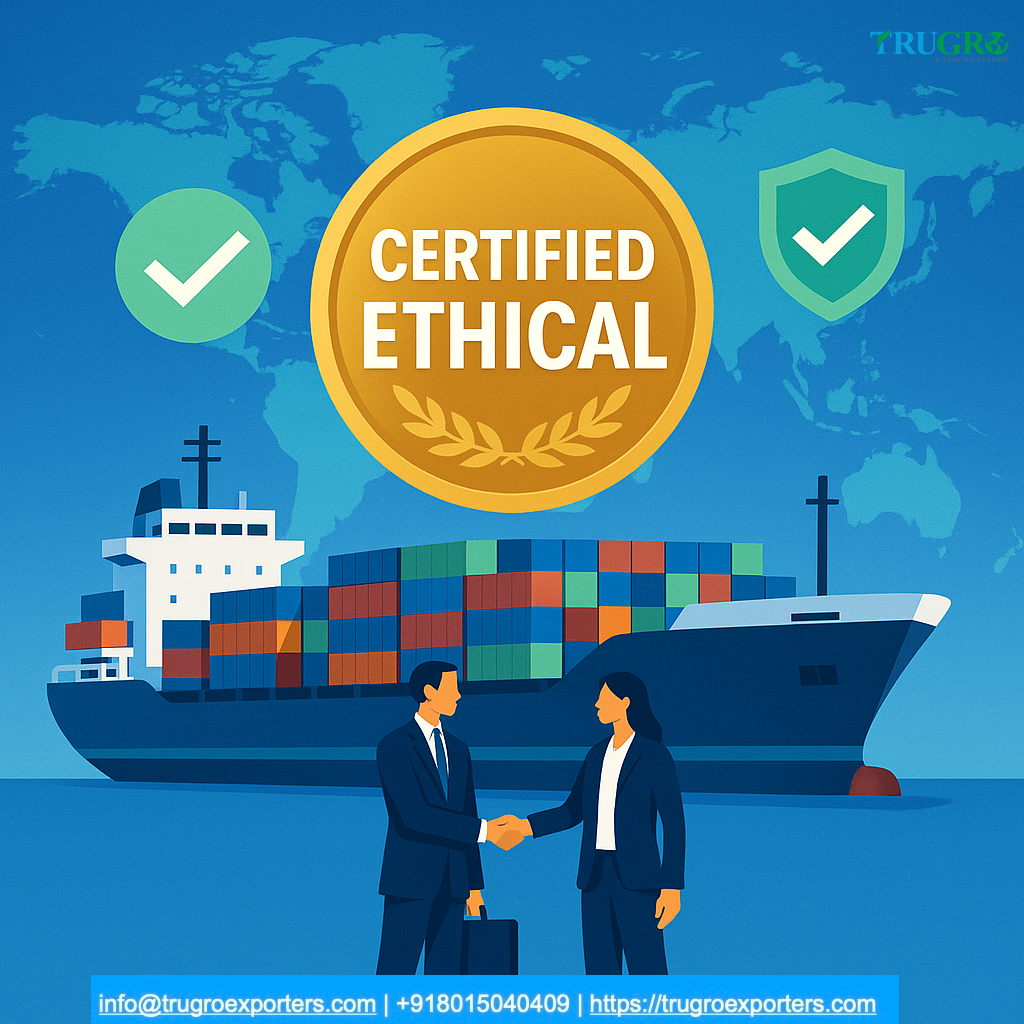🌱 Importing Compostable Products into the US or EU? Read This Before You Sign the Contract.
A Comprehensive Guide to Certifications for US EU Buyers Importing Compostable Products
Nitin Sharma
6/23/20252 min read


# A Comprehensive Guide to Certifications for US EU Buyers Importing Compostable Products
## Introduction
In the current environmentally conscious climate, the demand for compostable products is steadily increasing. However, along with this growth in eco-friendly alternatives, the necessity for certifications becomes apparent to ensure these products meet the required standards. The US and EU have implemented strict regulations to ensure the quality and eco-friendliness of compostable goods. Familiarizing oneself with the crucial certifications before importing such products is fundamental for buyers to make well-informed decisions.
## Importance of Certifications for Compostable Products
Certifications play a vital role in substantiating the claims made by manufacturers regarding the compostability and environmental impact of their products. They act as a mark of approval, providing assurance to buyers that the products they are investing in comply with specific industry standards. When comparing certified to non-certified compostable items, the distinction is clear in terms of reliability and sustainability. Certified products have undergone thorough testing and assessment to ensure they can efficiently decompose in composting facilities without leaving any harmful residues.
## Key Certifications for US EU Buyers
1. EN13432: Among the most esteemed certifications in the EU, EN13432 establishes the benchmark for compostability. Products that meet this certification undergo tests for biodegradability, disintegration, and the absence of detrimental substances, ensuring they can be composted safely.
2. BPI Certification: Offered by the Biodegradable Products Institute, this certification is highly regarded in the US. It validates that products can be composted in industrial facilities, meeting stringent criteria for biodegradability and disintegration.
3. USDA Certified Biobased Product Label: Acknowledged by the United States Department of Agriculture, this label signifies the percentage of biobased content within a product. It is essential for buyers looking to prioritize products with a high biobased material content.
4. OK Compost: Accredited by TÜV Austria, this certification confirms that products can be composted in home composting settings. It assures consumers of the product's environmental sustainability and its ability to decompose effectively.
5. Cradle to Cradle Certified: A comprehensive certification encompassing various sustainability aspects beyond compostability. It evaluates products based on factors such as material health, renewable energy usage, and social equity, offering a holistic view of a product's environmental impact.
## Target Audience Analysis
Primary audiences for these certifications include US and EU buyers interested in importing compostable items. Additionally, businesses focusing on sustainability, environmental enthusiasts seeking to make informed decisions, and importers aiming to comply with regulations and meet the rising demand for sustainable products would greatly benefit from understanding these certifications. Prioritizing certifications when sourcing compostable goods is essential for businesses to cater to environmentally conscious consumer needs.
## Call to Action
It is crucial for buyers to prioritize certifications when selecting compostable products to ensure they align with sustainability objectives. Verify certifications with suppliers and consider reaching out to certification bodies for further information and guidance. By making informed decisions and supporting certified products, buyers contribute to a more sustainable future.
In conclusion, certifications are integral in ensuring the legitimacy and sustainability of compostable products in the market. By familiarizing themselves with the essential certifications discussed, US and EU buyers can confidently navigate the realm of eco-friendly products, making choices that benefit both the environment and consumers.
MORE UPDATES ON
Home
At Trugro Exporters, we envision a world where businesses and consumers can thrive without compromising the well-being of our planet. Join us on our journey to make a positive impact—one sustainable solution at a time. Together, let’s create a future where nature and innovation flourish hand in hand.
FAQs